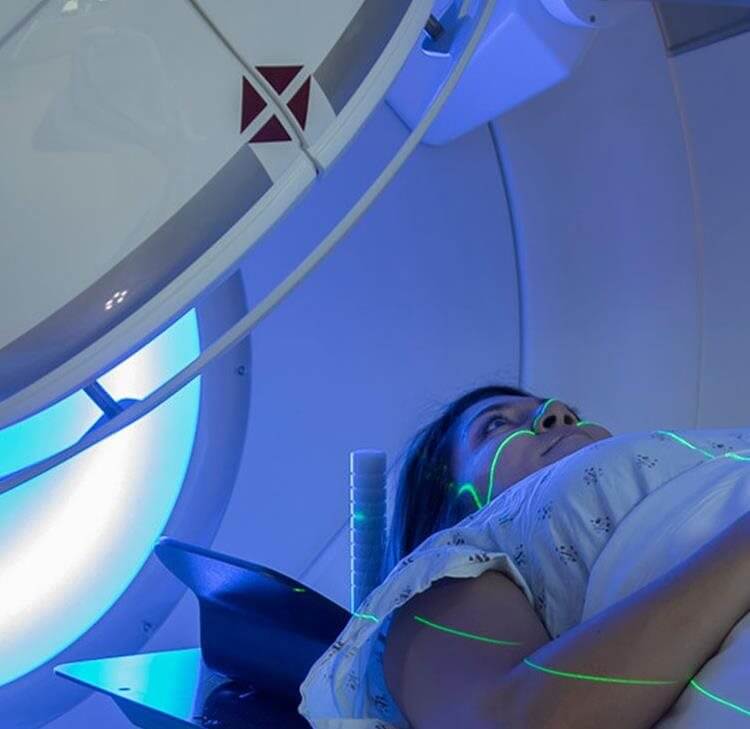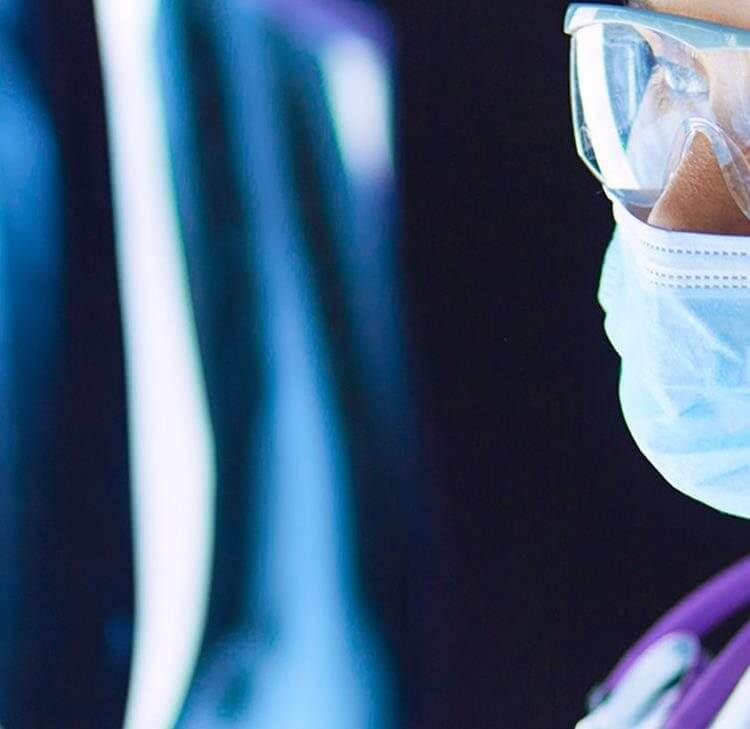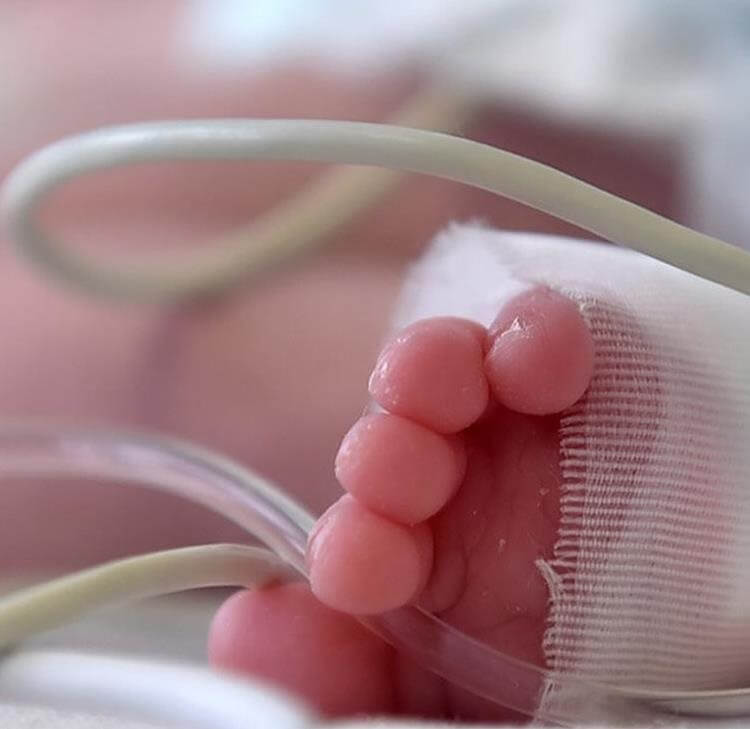COVID-19: updated guidance on infection prevention & control and personal protective equipment for health and care providers
Significant new guidance has been issued on 17 April 2020 by Public Health England, in association with the Department of Health & Social Care and NHS England and endorsed by the Health and Safety Executive (“HSE”).
Please note: the information contained in our legal updates are correct as of the original date of publication
Significant new guidance has been issued on 17 April 2020 by Public Health England, in association with the Department of Health & Social Care and NHS England and endorsed by the Health and Safety Executive (“HSE”). The guidance provides advice to all parts of the health and care sector in respect of infection prevention and control and the use of personal protective equipment (“PPE”) in the face of COVID-19. In particular the new guidance sets out considerations for acute PPE shortages and provides recommendations for alternative approaches where recommended PPE is unavailable.
This new document complements Public Health England’s existing guidance on PPE, which has continually developed during the course of the pandemic to adapt to improved understanding of the disease and circumstance arising in health and care settings. Some of the most significant changes of all have occurred in the last two weeks.
On 6 April changes to the guidance were made that, in part, were intended to make it more user-friendly. Easy-reference tables were produced summarising PPE advice for health and care providers across three categories when dealing with suspected or confirmed COVID-19 positive patients and another in respect of caring for other patients. The PPE guidance is separated into:
- Hospitals
- Primary care, outpatients and community care (including care homes)
- Ambulances and first responders
- Interaction with patients not suspected to have COVID-19
It is vital that all health and care providers refer to these tables and review the guidance. They do not only present existing guidance more clearly; these updates include enhanced PPE recommendations across a range of settings. In addition, they redefine patient contact as being within 2 metres of a patient, as opposed to the previous 1 metre. These have potentially significant practical implications for planning the delivery of services.
One of the most significant changes for hospital providers is that the guidance now endorses the use of Respirators, fluid-resistant (Type IIR) surgical masks (FRSM), eye protection and long sleeved disposable fluid repellent gowns for the whole time a worker is in a specific clinical care setting or exposure environment. An example given is for an entire ward round. This replaces previous guidance to change these items between contact with each individual patient. Aprons and gloves must still be disposed of between patients.
It also endorses the use of filtering face piece class 2 (“FFP2”) and N95 respirators for some procedures where previously the use of the more protective FFP3 respirators was required. Finally it endorses re-usable PPE provided that advice is followed on suitable decontamination arrangements.
The guidance makes reference to risk assessments to be carried out by individual organisations, whilst stressing that these should not reduce or replace the ability of workers to access appropriate PPE. These risk assessments may identify high risk areas of, in particular, hospitals. Guidance by healthcare context is provided to assist in these assessments.
As well as staff protection, the guidance now recommends that in clinical areas, communal waiting areas and during transportation, patients with possible or confirmed COVID-19 wear a fluid-resistant (Type IIR) surgical face mask (FRSM) provided that it will not compromise their clinical care.
On 10 April the guidance was updated to endorse the use of disposable fluid repellent coveralls as an alternative to long sleeved fluid repellent gowns for aerosol generating procedures or when working in higher risk acute areas, with appropriate training.
Health and Safety Executive and Fit-Testing of Respiratory Protective Equipment
The Health and Safety Executive has issued and updated specific guidance in respect of PPE for health and care settings during the pandemic. Largely that guidance is in line with the Public Health England guidance, particularly in respect of the use of FFP2 and N95 respirators. It repeats the position that the selection of appropriate PPE should be determined by local risk assessment and reference to PHE guidance.
A particular area of concern for some providers in respect of the HSE guidance is the continuing strict application of fit-testing requirements. These tests require specially trained fitters and equipment, which are both limited resources. The HSE guidance makes it clear that every staff member who is to use FFP3 respirators must be fit-tested for that use. On 16 April the HSE released additional guidance including re-iterating their position that fit-tests are carried out whenever a wearer is to use a new brand, model or type of respirator. For providers with a large number of staff receiving supplies of multiple models of respirator, this may present significant practical challenges.
RIDDOR Reporting
The HSE has also provided clarification of its expectations in respect of RIDDOR reporting during the pandemic. Of particular note for health and care providers is the example given by the HSE of a reportable exposure to a biological agent. Under this guidance, the diagnosis of a health care professional with COVID-19 after treating patients with COVID-19 must be reported.
Full details can be found here.
Coroners
The Chief Coroner has issued guidance making it clear that COVID-19 is considered a natural cause of death and does not, in itself, require a referral to the Coroner. However, we have heard anecdotally of a number of local Coroners requesting referrals of all deaths of front line workers where COVID-19 is the cause or a contributory cause of death. This would include health care workers. We understand at least part of the reasoning provided for this request is that the local Coroner may wish to investigate whether the death resulted from a lack of or inadequate PPE.
Contact

Carl May-Smith
Partner
carl.may-smith@brownejacobson.com
+44 (0)115 934 2024
Related expertise
You may be interested in...
Opinion - Maternity services
University Hospital Leicester hold their inaugural Maternity Safety Conference
In Person Event
Navigating your way through high profile sensitive reviews and investigations
Opinion
Junior doctors vote unanimously in favour of strike action
Opinion
Can toilet facilities amount to sex discrimination?
Published Article
Digital Twin Technologies: key legal contractual considerations
Opinion
Consultation launched on minimum ambulance service levels during strike action
Opinion - Maternity services
Changes to redundancy protections for employees post-maternity leave
Legal Update - Shared Insights
Shared Insights: Coroners’ Question Time
Press Release - Careers
Browne Jacobson health lawyer wins major accolade at Made in Manchester Awards
Opinion
BMA issues medical locum rate card for junior doctors
Legal Update
Employee who refused to wear a face mask fairly dismissed
Opinion
New toolkit to support safer recruitment in the care sector
Legal Update
Update on the Digital Services Act (“DSA”) – Important Dates and Deadlines Looming
Legal Update
Green Leases for the NHS
Guide
Government response to the consultation on the Higher-Risk Buildings Regulations
Legal Update
Public matters - January 2023
Published Article
The first 100 days for Integrated Care Boards
Press Release
Browne Jacobson advises Natural England on investigation of ‘first in its kind’ sentenced Devon farmer
Opinion
Menopause and the workplace
On-Demand
Future of Care - Retirement Living webinar
In Person Event
Independent Healthcare In-House Lawyers Forum
Opinion
Government introduces new “anti-striking laws” to be discussed in Parliament
Press Release - Maternity services
Father Christmas comes to University Hospital Coventry and Warwickshire care of Browne Jacobson’s Birmingham Office Community Action Group
Legal Update
Biodiversity Net Gain: positive for nature and an opportunity for landowners
Opinion - Maternity services
The Patient Safety Incident Response Framework (PSIRF) and its impact on maternity services
Legal Update - Shared Insights
Shared Insights: Looking ahead to 2023 – what Health and Care employers need to know
Opinion
Coroner’s refusal to issue a Prevention of Future Deaths Report following death in prison custody inquest was lawful
Published Article
Consumer duty part 3 - 'The drill-down' into the 'cross-cutting' rules
Article
Mental health, eating disorders and placement of young people
Legal Update
LPS consultation and ‘go live’ planning
Opinion
Consultation launched on plans to amend NHS pension rules to bolster NHS workforce
Legal Update
Getting ready to face Industrial Action
Legal Update - Shared Insights
Shared Insights: Prolonged disorders of consciousness
Published Article
How AI and technology can transform the healthcare sector
On-Demand
The UK's green agenda - the outcomes of COP27 and actions since COP26
On-Demand
Insights from the Chief Coroner by His Honour Judge Thomas Teague, KC
Opinion
BMA advises consultants not to accept less than the BMA minimum rate card for extra-contractual work
The BMA is advising all NHS / HSCNI consultants to ensure extra-contractual work is paid at the BMA minimum recommended rate and to decline offers of extra-contractual work that doesn't value them appropriately.
On-Demand
Leadership and lessons learnt during the Pandemic by Professor Jonathan Van-Tam
Published Article
Local authority duties: Up in the air
In ‘failure to remove’ claims, the claimant alleges abuse in the family home and asserts that the local authority should have known about the abuse and/or that they should have removed the claimant from the family home and into care earlier.
Opinion
Logistics firm fined for multiple failings leading to asbestos exposure
Logistics company Eddie Stobart has been fined £133,000, after a series of failures which took place whilst excavation work was carried out, exposing its staff to asbestos.




























